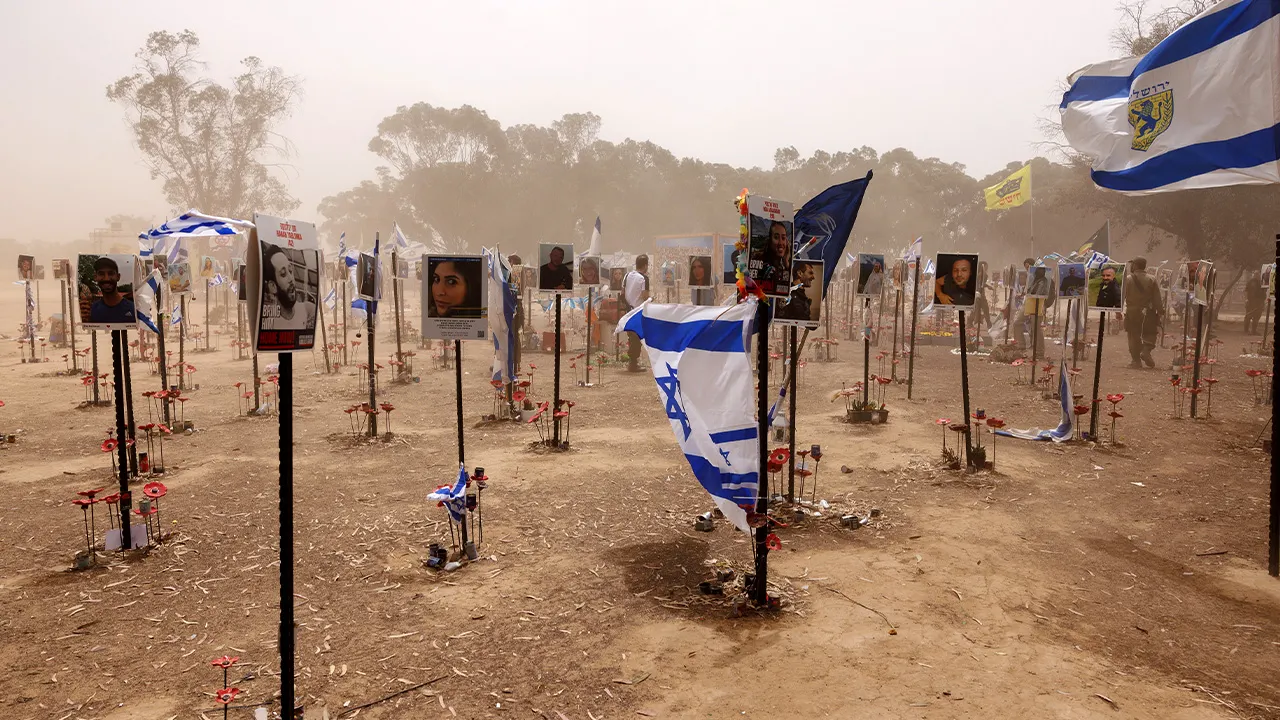Federal judge asks if National Guard deployment in Los Angeles violates Posse Comitatus Act

A federal judge raised concerns on Friday about the Trump administration’s military deployment in Los Angeles potentially violating the Posse Comitatus Act, which prohibits troops from engaging in civilian law enforcement on U.S. soil. This issue arose as California continues to challenge President Donald Trump’s decision to deploy troops to address anti-ICE protests in Los Angeles.
The case returned to a federal courtroom in San Francisco for a brief hearing following an appeals court ruling in favor of the Trump administration. The 9th Circuit appellate panel allowed the president to maintain control of National Guard troops deployed to quell riots, despite California Governor Gavin Newsom’s assertion that the deployment violated the Posse Comitatus Act.
U.S. District Judge Charles Breyer did not issue any immediate rulings but requested briefings from both sides by Monday regarding the potential violation of the Posse Comitatus Act. Vice President JD Vance, who visited Los Angeles to meet with deployed troops, defended Trump’s decision, stating that the president’s actions were justified and necessary to maintain law and order.
National Guard troops have been assisting federal agents during immigration raids and were involved in detaining a civilian, marking the first such incident since their deployment. While Breyer previously ruled that Trump acted unlawfully by deploying troops against Newsom’s objections, the appellate court’s decision temporarily halted the judge’s restraining order.
During Friday’s hearing, Breyer sought clarification on whether he or the appellate court had primary jurisdiction to grant an injunction under the Posse Comitatus Act. California is seeking a preliminary injunction to return control of the troops in Los Angeles to Newsom, arguing that their presence has exacerbated tensions and wasted resources.
Trump defended the deployment as necessary to restore order, while Newsom contended that the troops’ presence escalated tensions. Breyer noted that the protests in Los Angeles did not constitute a “rebellion” warranting federal intervention, suggesting that Trump may have exceeded his legal authority in federalizing the National Guard troops.
The administration argued that courts should not interfere with the president’s decisions, while the appellate panel maintained that presidents do not have unrestricted authority to seize control of a state’s National Guard. The California National Guard will remain under federal control for the time being as the legal battle continues.
This deployment marks the first instance of a federal takeover of a state National Guard without the governor’s consent since troops were sent to protect Civil Rights Movement marchers in 1965. The situation underscores the ongoing debate over the balance of power between federal and state authorities in times of civil unrest.
As the legal proceedings unfold, the implications of the Trump administration’s military deployment in Los Angeles will continue to be closely scrutinized. The outcome of this case could have far-reaching consequences for the enforcement of the Posse Comitatus Act and the limits of presidential authority in deploying troops within the United States.




